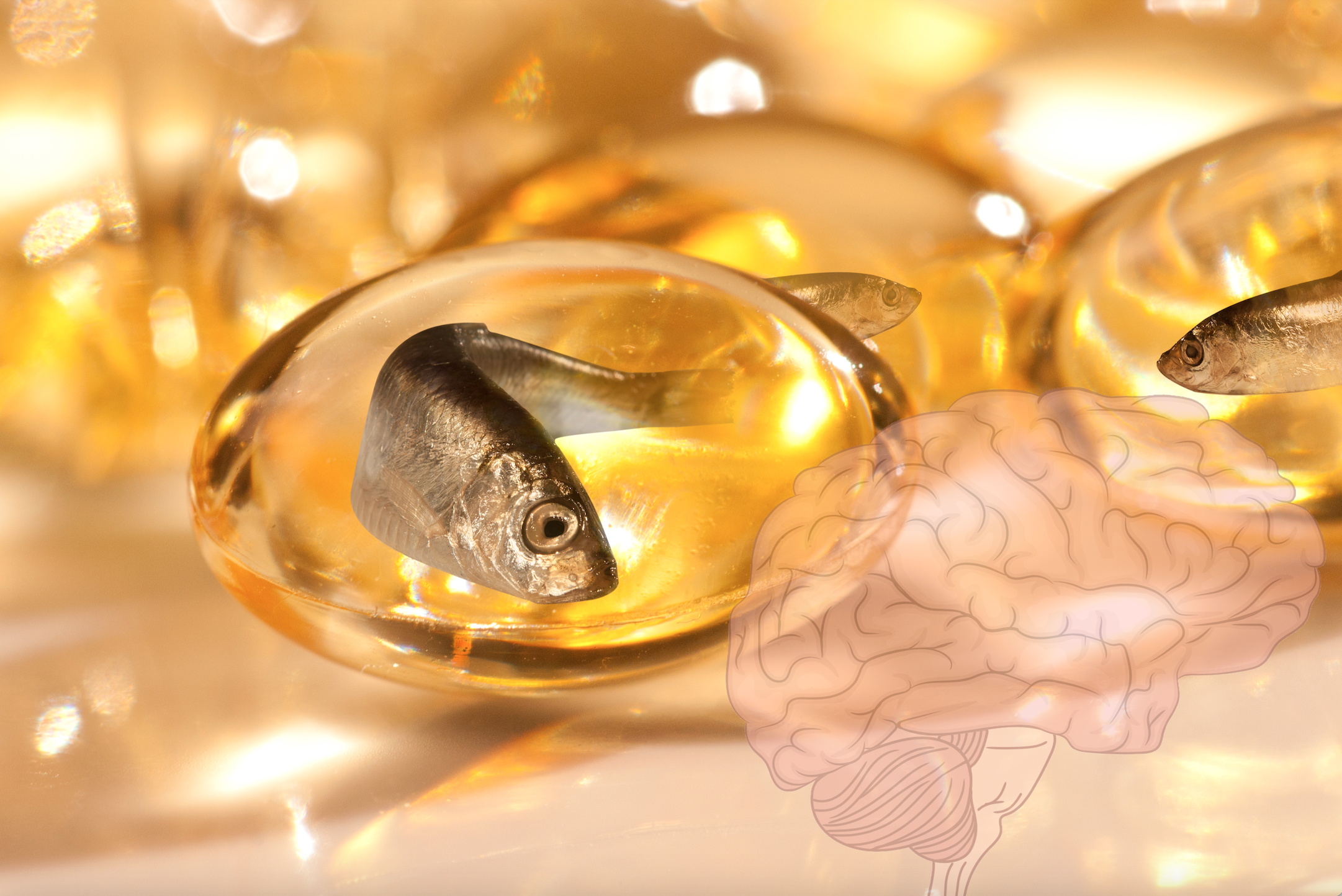Individuals with depression exhibiting a pro-inflammatory phenotype receiving omega-3 polyunsaturated fatty acids experience improved motivation-related cognitive function: Preliminary results from a randomized controlled trial
Cognitive problems linked to major depressive disorder (MDD) are widespread, debilitating, and currently lack effective treatments. Dysregulated inflammatory processes are considered a potential underlying mechanism and a target for therapy. In a 12-week randomized placebo-controlled trial involving individuals with MDD and a pro-inflammatory profile, Mac Giollabhui et al. (2023) investigated three main aspects: (i) the connection between dysregulated inflammation and initial cognitive impairment, (ii) changes in cognitive function following treatment, and (iii) how baseline inflammatory markers relate to cognitive improvements during treatment. The authors enrolled 61 unmedicated adults (75% female, mean age = 45.50 years, C-reactive protein [CRP] ≥3.0 mg/L, body mass index >25 kg/m2) that satisfy DSM-5 criteria for MDD. Participants were randomized to receive daily doses of omega-3 polyunsaturated fatty acids (ω-3-FA) at 1 g, 2 g, or 4 g, or a placebo. Data analysis involved 45 participants who finished the study and underwent assessment of their inflammatory biomarkers, which encompassed interleukin-6 (IL-6), CRP, tumor necrosis factor-α (TNFα), and TNFα and IL-6 levels stimulated by lipopolysaccharide (LPS) in peripheral blood mononuclear cells (PBMCs), with a focus on participants receiving the highest dose of omega-3 fatty acids (4 g daily; n = 11) compared to controls (n = 10). Validated self-report measures were used to assess cognitive impairment, including motivational symptoms and higher-order cognitive functioning. At baseline, lower IL-6 levels in LPS-stimulated PBMCs were associated with more severe impairment in higher-order cognitive functions across all participants. Subsequent investigation revealed that, in comparison to those on a placebo, those on 4 g/day of ω-3-FA enjoyed substantial improvements in motivational symptoms. Lower initial TNFα levels in LPS-stimulated PBMCs correlated with notable enhancement in motivational symptoms after treatment among individuals receiving 4 g/day of omega-3 fatty acids. According to this preliminary clinical investigation, giving depressed people with inflammatory profiles 4 g of ω-3-FA daily may improve their motivational symptoms. [NPID: Cognitive impairment, major depressive disorder, inflammatory physiology, omega-3, randomized trial, motivational symptoms]
Year: 2023
 Navigation
Navigation






